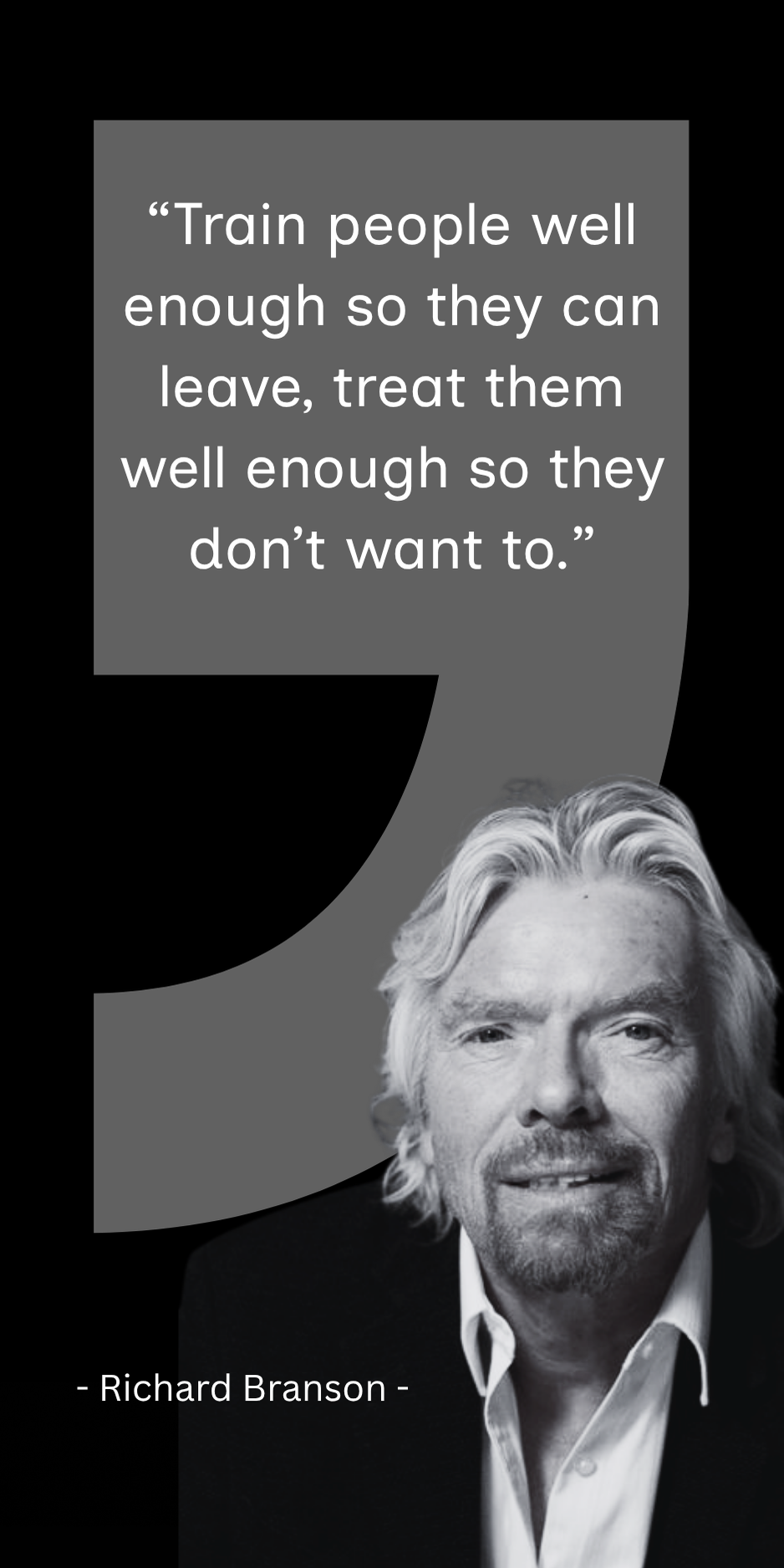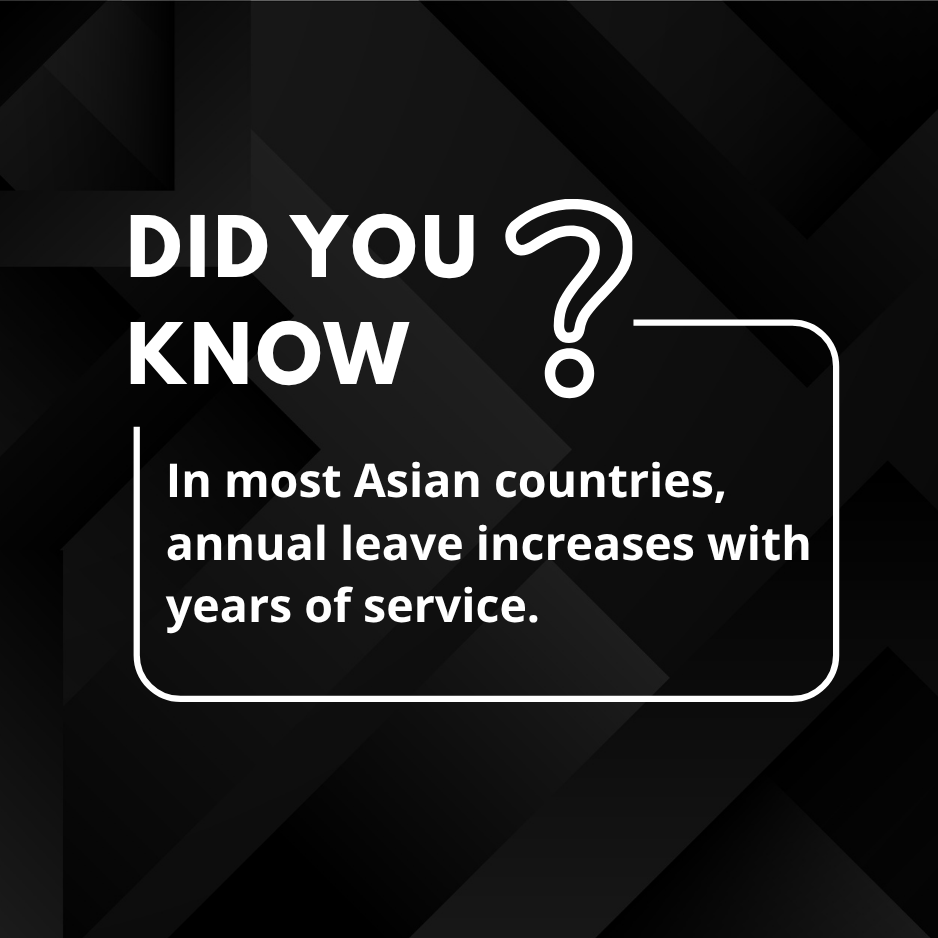Now Reading: Why Adaptability Should Be Every Professional’s Core Skill Not Just a Buzzword
-
01
Why Adaptability Should Be Every Professional’s Core Skill Not Just a Buzzword
Why Adaptability Should Be Every Professional’s Core Skill Not Just a Buzzword
By Damitha Fernando, Senior Consultant for PMO in a Big 4 Company in Sri Lanka
“Adaptability” is a word we hear in almost every workplace conversation today. It’s written into job descriptions, discussed in training programs, and celebrated in corporate speeches. But in practice, I’ve often found that many organizations still struggle to live in it. Having worked across multiple industries from operations and HR to consulting and quality management, I’ve seen firsthand how quickly teams talk about agility yet resist change when it challenges comfort zones. Adaptability is not a soft skill anymore. It’s the skill that defines whether professionals and organizations survive or stagnate.
We often celebrate intelligence, expertise, or seniority. But in my view, the most successful professionals aren’t those who know the most they’re the ones who can learn the fastest. Adaptability is not about having all the answers. It’s about having the mindset to keep asking the right questions. During my time leading Operations and later moving into HR and Consulting, I realized how quickly industries evolve. The systems we build today may become outdated tomorrow. A process that looks efficient now could be irrelevant in a year. The only way to stay relevant is to stay curious. Professionals who cling to old formulae are often left behind not because they’re not capable, but because they’re not flexible.
I’ve worked with teams that handle major transformations, new systems, new structures, and new leaders. The change itself was never the real challenge. The resistance to it was. Most people don’t resist change because they dislike progress. They resist it because they fear uncertainty. And that’s where leadership comes in. A leader’s job is not to eliminate uncertainty, that’s impossible. The real responsibility is to make change feel safe. People adapt when they feel heard, supported, and trusted. In one of my previous roles, we had to introduce a complete overhaul of operational processes. On paper, the plan was solid. But people hesitated because they felt left out of the conversation. Once we involved them not just in execution but in decision making, their ownership shifted completely. That experience reinforced my belief: people don’t resist change when they’re part of it.
Having led HR operations in addition to my project management background, I’ve seen that adaptability must start from within HR. If HR wants to champion transformation, it must first model it. Too often, HR is seen as the “rule-keeper” in the department that slows down change with procedures and policies. But in reality, HR has the potential to be the catalyst for transformation. We sit at the intersection of strategy, people, and culture. That gives us a unique advantage: we can see the ripple effects of every organizational shift before anyone else. Instead of reacting to change, HR should be predicting it identifying emerging skill gaps, preparing employees for transitions, and guiding leaders through the human side of transformation. In short, adaptability is not just a mindset for employees. It’s a mandate for HR.
There’s another side to this conversation that often goes unspoken. In the race to become “agile,” some organizations confuse constant motion with progress. Agility without direction is just chaos in disguise. True adaptability is not about reacting to every trend or chasing every new tool; it’s about evolving with purpose. During my years in Operations and Consulting, I’ve seen how organizations that chase every new idea often lose consistency. On the other hand, those that evolve strategically balancing innovation with identity sustain long term growth. Being adaptable doesn’t mean changing everything; it means knowing what to change, when, and why.
When people ask me, what skill will matter most in the next decade, my answer is simple: learnability. The ability to learn, unlearn, and relearn will outlast every technical skill we know today. The job titles of tomorrow may not even exist yet, but the capacity to adapt to them is something we can build now. I’ve seen this play firsthand. Professionals who keep learning whether it’s new technologies, communication styles, or leadership approaches are always the ones who remain relevant. Those who wait for change to be announced are the ones who feel left behind. In my opinion, continuous learning is not just professional development; it’s professional survival.
One of the most overlooked aspects of adaptability is emotional intelligence. People often think of adaptability as purely strategic about systems, tools, or structures. But the emotional side matters just as much. To adapt effectively, you need to manage uncertainty, navigate stress, and stay open to perspectives different from your own. That’s where empathy, communication, and self-awareness become critical. In teams I’ve led, I’ve noticed that the people who handle change best aren’t always the most skilled; they’re the most emotionally stable. They can manage themselves when everything around them is shifting. That emotional steadiness creates psychological safety for everyone else which, in turn, fuels collaboration. We can’t “train” adaptability into people through a single workshop. It must be woven into the organization’s culture.
That means;
- Encouraging people to question how things are done.
- Recognizing those who try new approaches, not just those who play it safely.
- Normalizing failure is part of progress.
As leaders, we must move away from the idea that perfection equals success. In a world that changes this fast, experimentation is success. When we create a culture that rewards curiosity over conformity, adaptability stops being a buzzword and it becomes a habit. Over the years, I’ve worked in Operations, HR, Consulting, and Quality Assurance. Each role looked different on the surface, but they all demanded the same thing: the ability to adapt, connect, and keep learning. Adaptability, in my view, is no longer just a professional asset. It’s a personal philosophy. It shapes how we handle people, decisions, and change. The organizations that thrive in the future will not be the biggest or the fastest, they’ll be the most adaptable. Because adaptability isn’t about surviving change. It’s about shaping it.











